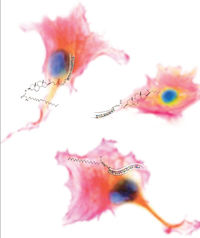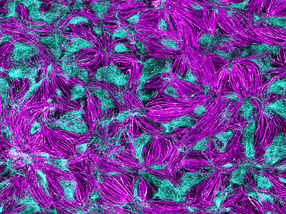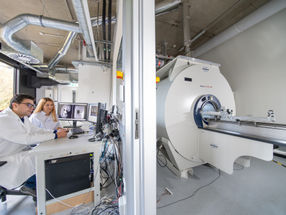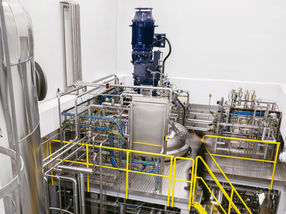NicOx' presents naproxcinod ABPM data
NicOx S.A. announced that clinical results of an exploratory pharmacodynamic study for naproxcinod using Ambulatory Blood pressure Monitoring (ABPM) were presented at the American Heart Association Scientific Sessions 2007, in Orlando, Florida. Naproxcinod is the first compound in the COX-Inhibiting nitric oxide Donator class of anti-inflammatory agents and is in clinical development for the treatment of the signs and symptoms of osteoarthritis. This ABPM study was designed to provide complementary blood pressure data to the ongoing phase 3 program. The data showed that the blood pressure measurements for naproxcinod over 24 hours were consistently below those observed for naproxen, a currently marketed non-steroidal anti-inflammatory agent (NSAID). NSAIDs are known to have the detrimental effect of raising patients' blood pressure.
The presentation included line graphs displaying the hourly mean blood pressure measurements over 24 hours following a two week treatment period, during which naproxcinod or naproxen were administered twice daily. These graphs showed that the hourly systolic blood pressure (SBP) and diastolic blood pressure (DBP) values for naproxcinod were consistently below those observed in the naproxen group. In addition, the data suggest that the blood pressure effect of naproxcinod lasts for 7 to 8 hours after each administration.
Considering the average of the ABPM measurements over 24 hours the results showed an almost 2 mmHg reduction in SBP and DBP for naproxcinod compared to naproxen, in terms of the mean change from baseline, after a 2 week active treatment period. This difference did not reach statistical significance for SBP (p=0.101), the primary endpoint of the study, but did achieve statistical significance for DBP (p=0.007).
Blood pressure data were collected in the first phase 3 trial for naproxcinod (the 301 study) using Office Blood Pressure Measurements (OBPM) up to 13 weeks. The top-line results of this trial revealed a sustained reduction in blood pressure for naproxcinod, compared to baseline and naproxen.
Most read news
Other news from the department research and development

Get the life science industry in your inbox
From now on, don't miss a thing: Our newsletter for biotechnology, pharma and life sciences brings you up to date every Tuesday and Thursday. The latest industry news, product highlights and innovations - compact and easy to understand in your inbox. Researched by us so you don't have to.






















































